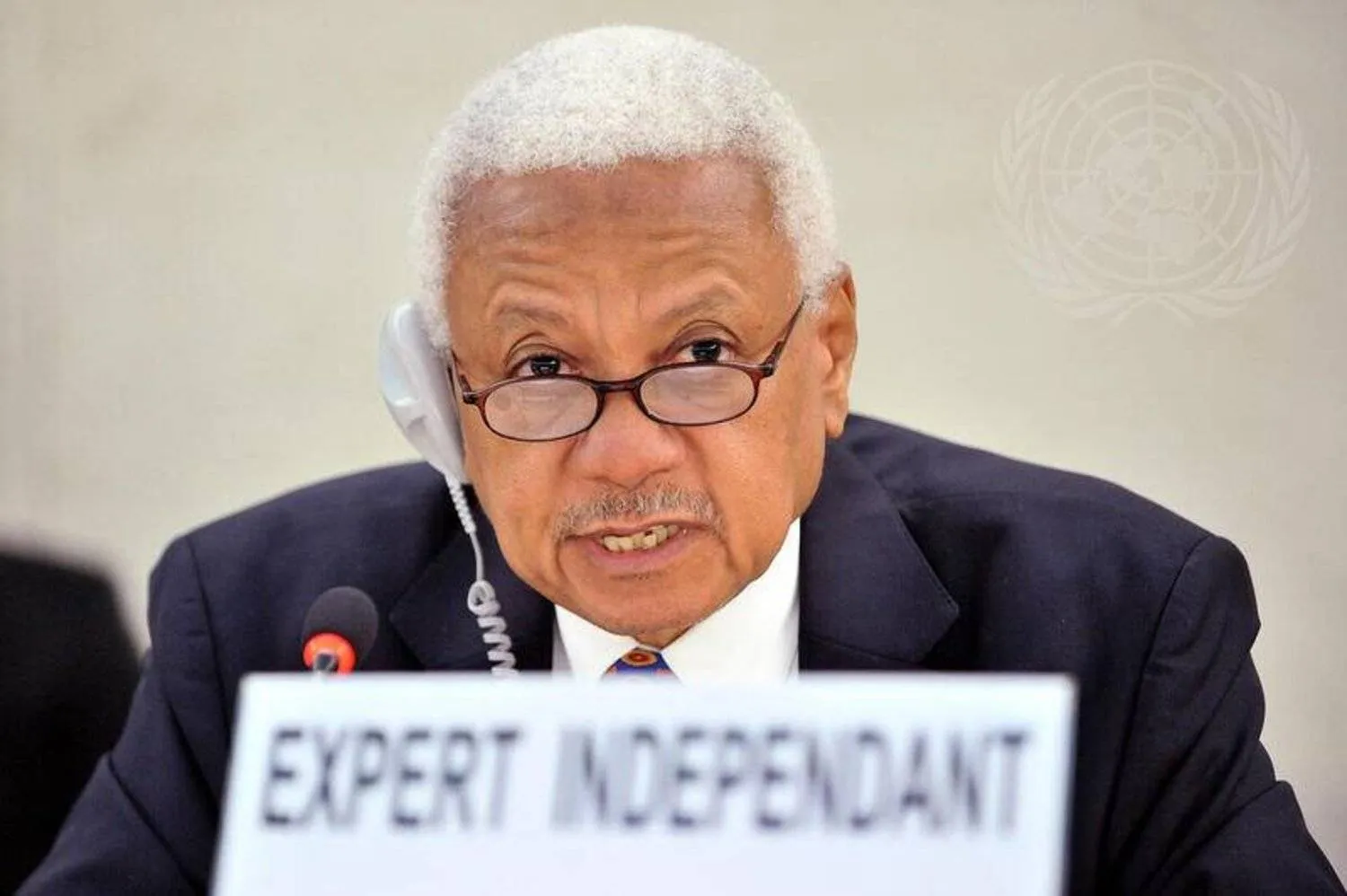President of the United Nations Human Rights Council Vaclav Balek announced on Monday the appointment of Mohamed Chande Othman of Tanzania as Chair of the Independent International Fact-Finding Mission for Sudan.
Balek also appointed Joy Ezeilo of Nigeria and Mona Rishmawi of Jordan/Switzerland to serve as two members of the Mission.
The Human Rights Council established the Fact-Finding Mission in October for an initial duration of one year.
It aims “to investigate and establish the facts, circumstances and root causes of all alleged human rights violations and abuses and violations of international humanitarian law, including those committed against refugees, and related crimes in the context of the ongoing armed conflict that began on 15 April 2023, between the Sudanese Armed Forces and the Rapid Support Forces, as well as other warring parties.”
The Mission was further requested to collect and analyze evidence in view of any future legal proceedings; to identify, where possible, individuals and entities responsible; and to make recommendations with a view to ending impunity and ensuring accountability and access to justice for victims.
Othman has served as Chief Justice of Tanzania from December 2010 to January 2017.
In 2017, he was appointed Eminent Person by the UN Secretary-General Antonio Guterres and charged with the examination of new information relating to the death on September 17-18, 1961 of the second UN Secretary-General, Dag Hammarskjold, and other members of his party.
In 2015, he was appointed by then UN Secretary-General Ban-Ki-moon as Chairperson of the Independent Panel of Experts on the Dag Hammarskjold Investigations.
In 2019-2020, he served as a member of the Independent Expert Review of the International Criminal Court and the Rome Statute System, having been appointed by the Assembly of State Parties of the Rome Statute of the International Criminal Court.
Othman’s previous experience includes that of Prosecutor General of East Timor from 2000 to 2001, Chief of Prosecutions of the International Criminal Tribunal for Rwanda from 1998 to 2000, and Senior Legal and Justice Sector Adviser for UNDP-Cambodia.
He has also served as a member of the UN Human Rights Council’s High-Level Commission of Inquiry into the Situation in Lebanon following the Israel-Lebanon Armed Conflict in 2006, as the UN Human Rights Council’s Independent Expert on the human rights situation in the Sudan from 2009 to 2010 and as the Chair of the Commission of Human Rights Experts on Ethiopia from 2022 to 2023.
Ezeilo, is a distinguished Law Professor and Senior Advocate of Nigeria with expertise in international human rights, criminal law, comparative constitution and the rights of women and children in Africa.
As for Rishmawi, she is a former senior official at the United Nations where she last served as Head of Office for the UN Special Envoy for Syria based in Damascus, Syria.









